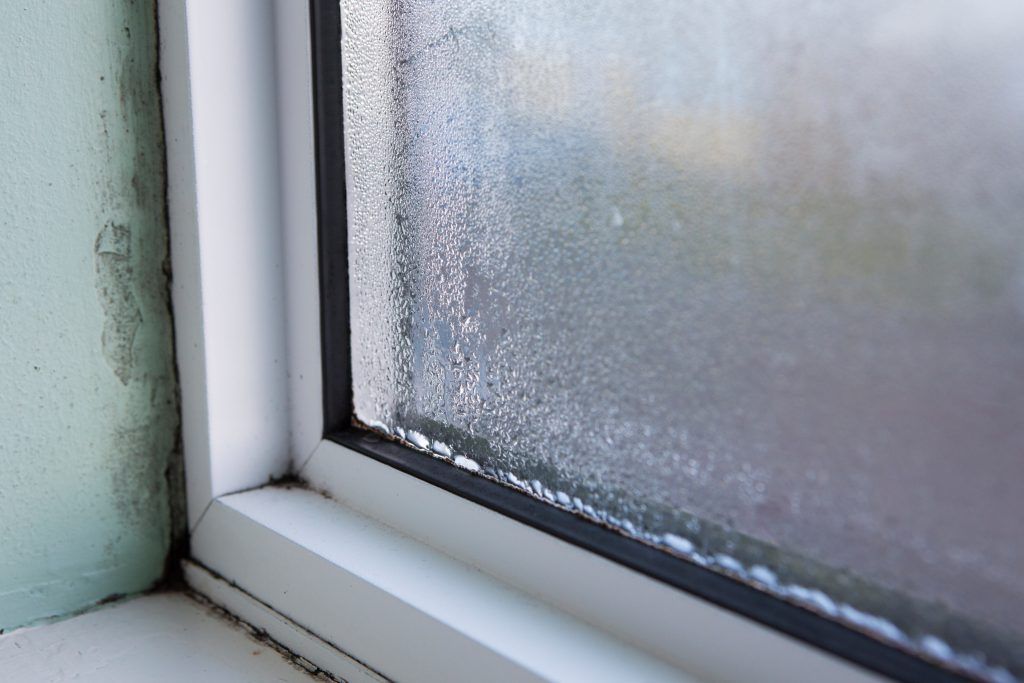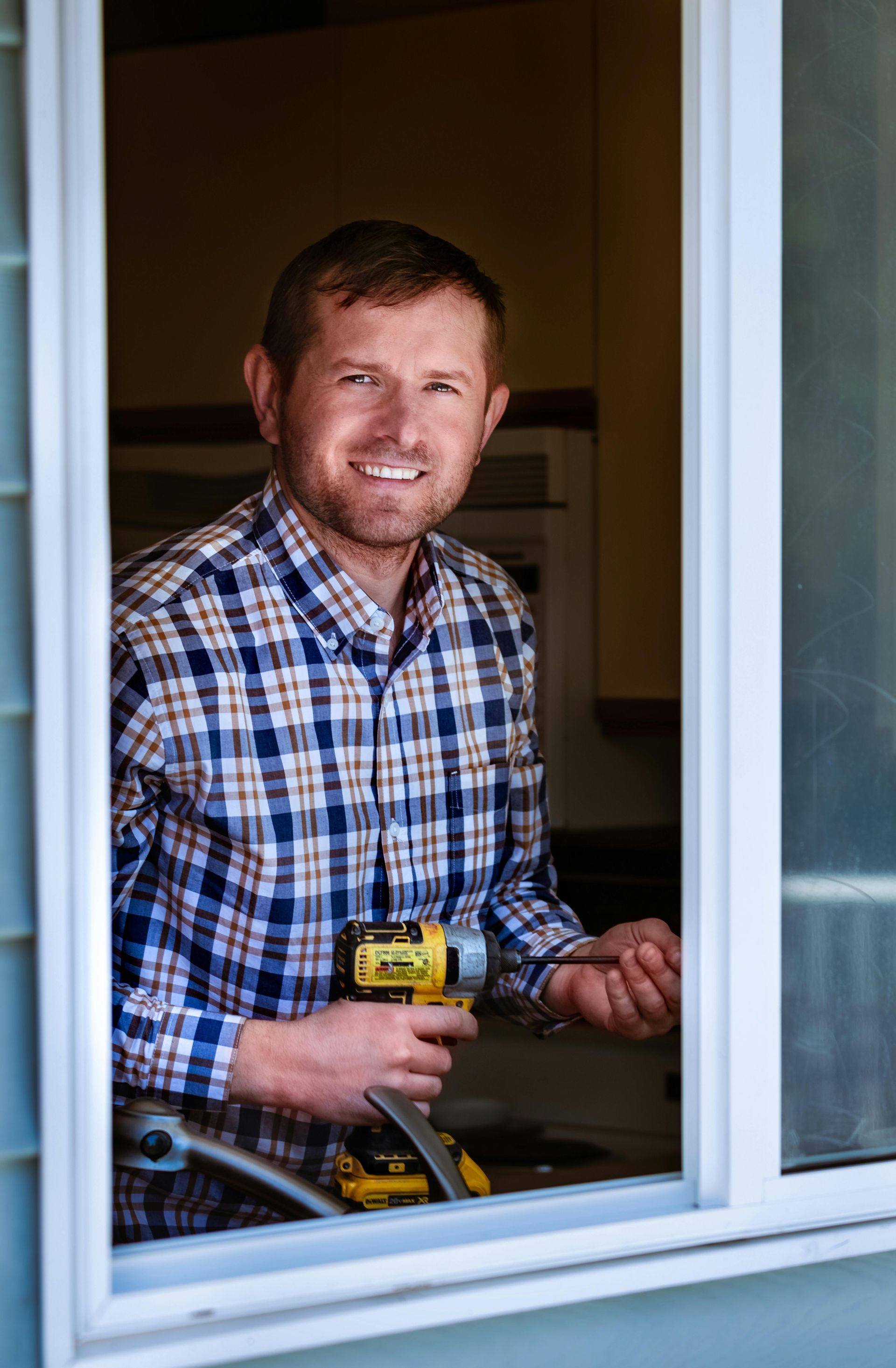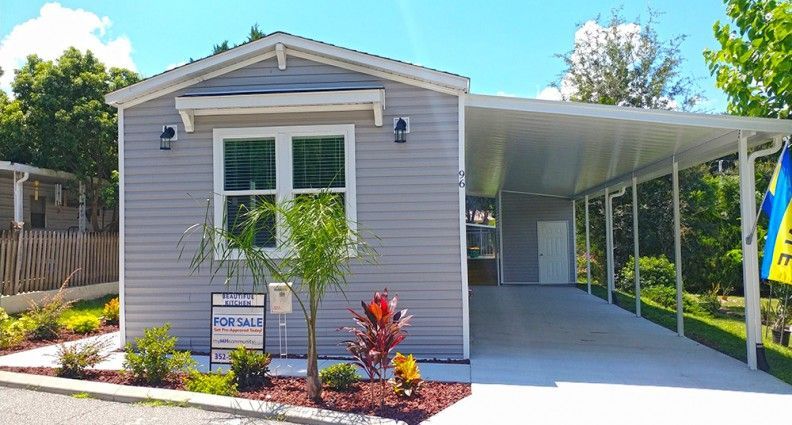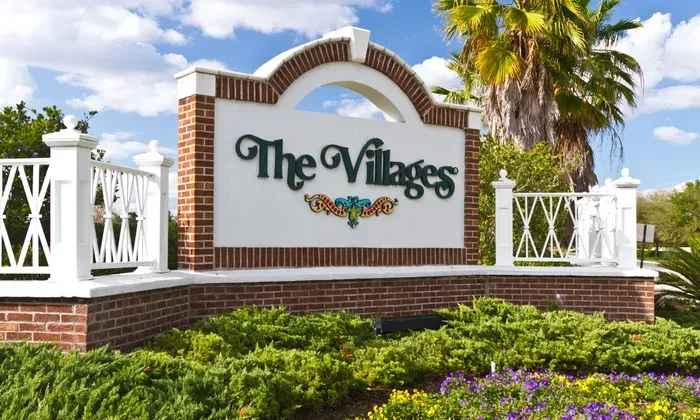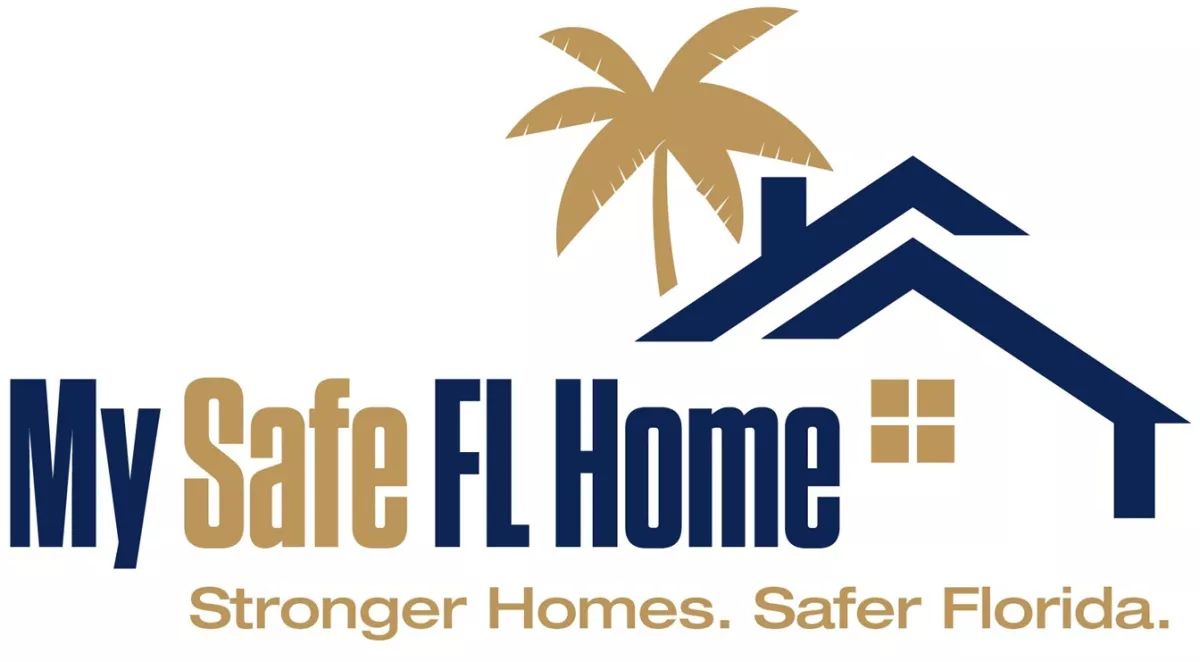Understanding Window Replacement Contracts in Florida
What You’re Really Signing — And What to Watch Out For Before You Regret It

When you finally decide to replace your windows—whether you're in Ocala, Gainesville, Tampa, Orlando, Saint Petersburg, Crystal River, Inverness, Citrus Springs, Homosassa, Hernando, or nearby—it's easy to get caught up in the excitement. New windows mean better energy efficiency, added home value, and yes—finally getting rid of those drafty, fogged-up panes.
But before you get to enjoy all that, you’ve got to sign on the dotted line.
And that’s where things can get confusing (and risky)—especially if you’re not familiar with the fine print of a window replacement contract.
At Windoor Retro Professionals, we’ve reviewed hundreds of contracts—ours and others—and we’re here to tell you: Not all contracts are created equal. In fact, some are written in a way that benefits the contractor far more than the homeowner.
This guide will walk you through:
✅ What should be in a contract
❌ What shouldn't be hidden
🕵️♂️ What red flags to look for
📋 And how to make sure you're protected
🔎 Why Window Contracts Matter More Than You Think
Let’s start with the basics: a contract is a legal agreement between you and the contractor. It outlines the scope of work, the materials used, who’s responsible for what, and how problems (if they arise) will be handled.
But here’s the thing: if it’s not in writing, you can’t enforce it. And if it is in writing but buried in legalese, you might be agreeing to things you don’t even understand—until it’s too late.
🏗 What a Good Contract Should Include
Let’s break down some standard elements that every reputable Florida window contractor should include in their agreement.
1. Permitting & Engineering Disclosures
🚧 Any structural change to your home—like new windows or doors—requires a permit in the state of Florida.
Your contract should clearly state:
- That permitting is included (or if it’s your responsibility—though it rarely should be)
- Whether structural engineering is required (especially for large openings or multi-panel door systems)
- That the contractor will be pulling the permit under their license (not yours)
Watch out for vague language like:
“Permits may be required and are the responsibility of the homeowner.”
👎 That’s a red flag.
2. Hold Harmless Clauses for Furnishings & Fixtures
It's standard practice for a contract to include a clause stating that the contractor is not responsible for moving or damaging blinds, curtains, alarm wires, furniture, or photographs near the work area.
💡 Here’s what you may see:
“Customer agrees to remove all window treatments, security sensors, wall-mounted photos/artwork, or any obstruction from windows and doors prior to install. Contractor is not responsible for any damage to said items if left in place.”
This isn’t a contractor trying to wiggle out of responsibility—it’s about protecting both sides. And frankly, it’s fair. You don’t want someone rushing to remove your wedding portrait or heirloom blinds while trying to stay on schedule.
✅ Tip: Ask the installer for guidance on what to remove before installation day.
📸 If you're worried, take pre-installation photos for your own records.
3. The “Additional Bucking” Clause
Let’s talk about bucking—not the kind rodeo riders worry about.
In the window world, bucking refers to the framing material that supports the window in the wall. And sometimes, that bucking is rotted, termite-damaged, or not structurally sound.
Most estimates include some allowance for bucking, but if hidden issues are found after the old window is removed, extra charges may apply.
🚨 A transparent contract will say something like:
“Estimate includes replacement of one window bucking at no charge. Additional bucking required due to unforeseen damage will be billed at $100 per window.”
Shady contractors won’t mention it at all—or they’ll use language that lets them charge whatever they want later. Watch for vague phrasing like:
❌ “Any additional structural issues may incur fees at contractor’s discretion.”
Always insist on clear, capped pricing for additional work that may be discovered mid-project.
4. Notice of Lien Rights
Under Florida law, contractors are required to provide a Notice to Owner that explains your rights—and theirs—related to mechanics liens.
This protects the contractor if they complete work and don’t get paid. But it also helps you understand how to avoid double-payment.
If your contractor doesn't mention this, or avoids giving it to you, that's a problem. Every Florida homeowner should receive this as part of a legitimate contract.
📝 You might see it written as:
“Pursuant to Florida Statute 713.015, the contractor hereby notifies the property owner of the right to file a lien in the event of nonpayment...”
5. Florida Recovery Fund Notice
Also required by law, this clause tells you that if your contractor is licensed and something goes terribly wrong, you may be eligible for compensation from the Florida Homeowners’ Construction Recovery Fund.
✅ A responsible contractor includes this language in every contract. It should sound something like this:
“Payment may be available from the Florida Homeowners' Construction Recovery Fund if you lose money due to certain improper conduct by a licensed contractor.”
It's peace of mind—and proof your contractor is licensed.
⚠️ What to Watch Out For (🚩 Red Flags in Window Contracts)
Not every contract is written to protect both parties. Some are designed to shield the contractor and limit your rights. Here’s what you need to watch out for:
❌ 1. “We Will Not Indemnify”
This is a big one. If you see language like this:
“Contractor shall not be held liable or indemnify homeowner for any damages or losses…”
Run. Or at least ask very hard questions.
Indemnification clauses determine who’s responsible if something goes wrong—like property damage, injury, or defects. A contractor who says they won’t indemnify is trying to dodge accountability.
✅ You want a clause that says something like:
“Contractor shall indemnify and hold harmless homeowner from damages resulting from contractor’s negligence or failure to perform under the terms of this agreement.”
❌ 2. Substitution of Materials
Another sneaky line to watch out for:
“Contractor reserves the right to substitute materials of equal or greater value as deemed necessary.”
Sounds harmless, right?
But this allows a contractor to bait-and-switch you with lower-end products—possibly from a completely different manufacturer than the one you were sold.
✅ A good contract will name the brand, model, and series of the window or door. For example:
“PGT WinGuard 5500 Series, double-pane low-E, with argon fill and laminated glass.”
No guessing. No substitutions. No surprises.
❌ 3. Vague Change Order Clauses
Yes, change orders are sometimes necessary—especially if you, the homeowner, request a change. But your contract should clearly state:
- What triggers a change order
- How pricing will be determined
- That you must sign off on any cost change before work continues
Red flag wording:
“Contractor may execute change orders at their discretion with or without homeowner signature.”
🚫 Nope. That’s a trap.
✅ You want language like:
“Any deviation from the scope of work must be documented in a written change order signed by both parties.”
💡 Pro Tips Before You Sign
Here’s a quick checklist to keep you safe and informed:
✅
Is the contractor licensed and insured?
✅
Is the exact product named and specified?
✅
Is the price breakdown clear and complete?
✅
Does the warranty match what was promised?
✅
Are change orders and extra charges clearly defined?
✅
Is there indemnification language that protects you?
✅
Are permitting and engineering responsibilities spelled out?
✅
Does it include lien and recovery fund notices?
✅
Are you required to remove furniture, blinds, alarm wires, etc.?
If the answer to any of these is unclear or missing—it’s time to ask questions, or walk away.
🛡 Why We Write Our Contracts the Way We Do
At Windoor Retro Professionals, we believe a good contract is a tool for trust.
That’s why our contracts:
- ✅ Spell out every product line and manufacturer
- ✅ Include clear, written pricing—including allowances for bucking
- ✅ Define change order procedures and require dual sign-off
- ✅ Provide Florida lien law and recovery fund notices
- ✅ Assign all permit responsibility to us—not you
- ✅ Include fair hold harmless clauses for personal items
- ✅ Have transparent warranty language, not vague promises
- ✅ Avoid substitutions unless requested in writing by you
And if you don’t understand something? We explain it. No rush. No pressure.
🏁 Final Thoughts: Don’t Sign Blindly
Whether you're replacing one window or redoing every opening in your home, you deserve a contract that protects you—not just the contractor.
The sad reality is that many window companies—especially franchises or high-volume sales shops—rely on you not reading the fine print. Or worse, not understanding it.
But now you do.
So the next time someone drops a contract in front of you and asks for a deposit, slow down.
🧠 Read.
🗣 Ask.
✍️ Sign only when it makes sense.
And if you want a contractor who puts honesty and transparency at the heart of every project—we’re here.
Windoor Retro Professionals: Florida’s Trusted Source for Windows, Doors, and Contracts That Actually Make Sense.
📍 Serving Ocala, Gainesville, Tampa, Orlando, Saint Petersburg, Crystal River, Inverness, Citrus Springs, Homosassa, Hernando, and beyond.
📞 Call us today for a no-pressure quote—and a contract you can actually trust.


